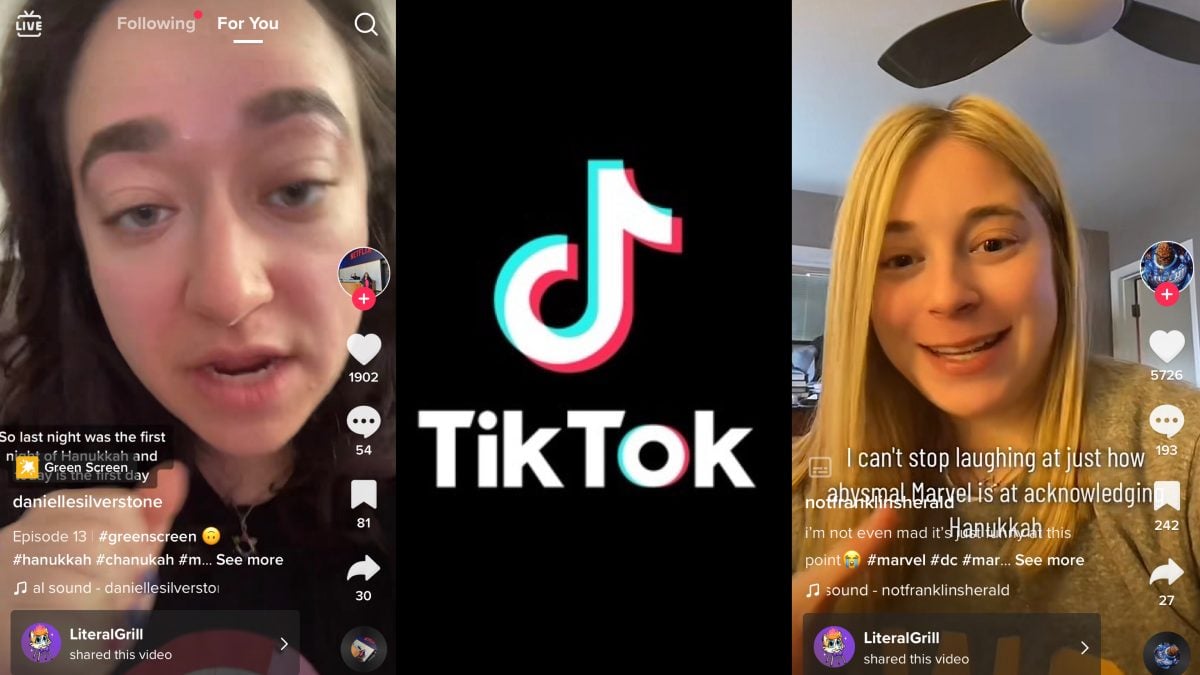With the news that the U.S. government may finally be banning TikTok after years of threats, plenty of users and content creators on the platform are wondering what’s going to happen if the social media app is made illegal. While many are simply annoyed they won’t be able to scroll to their heart’s content, influencers and artists who use the platform to grow and communicate with their fan bases are concerned that their livelihoods will be in jeopardy.
With an estimated 80 million U.S.-based users on the platform, a ban would have ramifications for vast swathes of the population, whether they be users or creators. While the superstar accounts with millions of followers will likely only suffer a minor bump in income as they shift their fans onto other platforms like Instagram or YouTube, those with smaller but devoted followings in the various niche communities that TikTok enables to thrive may end up struggling.
So, what would a TikTok ban look like for content creators? And, if the government does end up prohibiting the platform’s use, what will that mean for those who’ve become reliant on TikTok’s notoriously intuitive algorithm?
Why is TikTok so controversial?
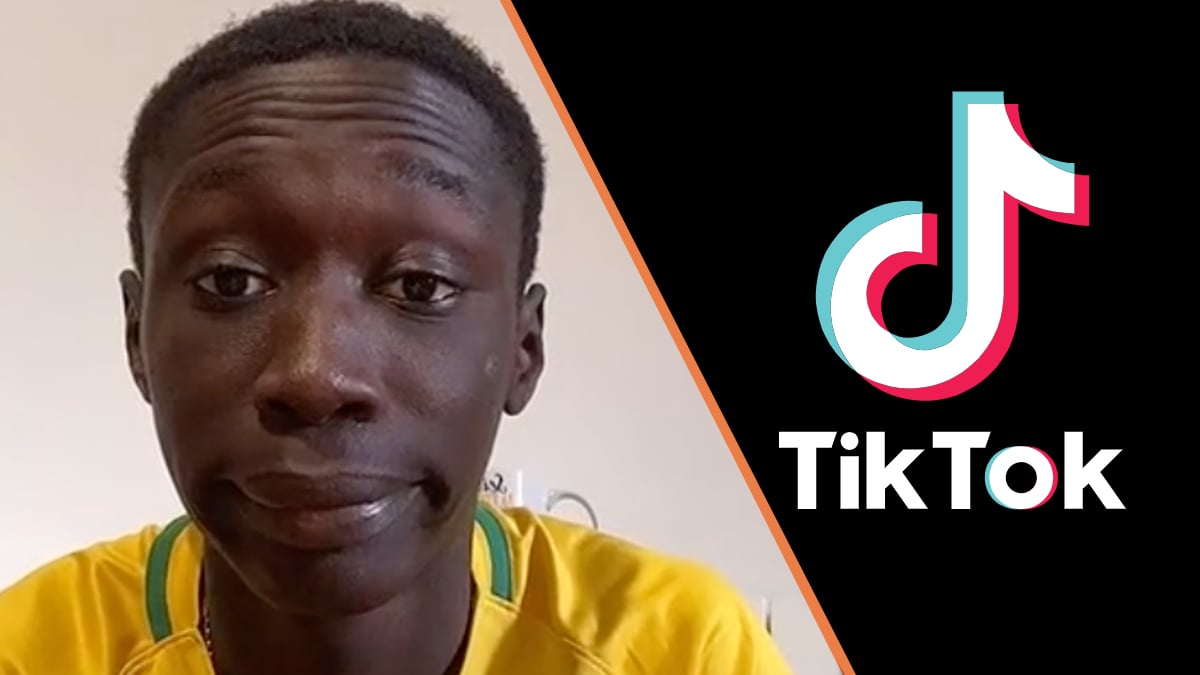
Although it’s only been around since 2016, and only been available in America since 2018, TikTok has rapidly become one of the dominant social media platforms of our time. It was even the most downloaded app of 2021. However, issues around data collection and the company’s links to the Chinese government have led many to be wary of the platform, with some likening it to a Trojan Horse.
Three years ago, Reddit user /u/bangorlol created this post, where they detailed the various security risks TikTok users were unwittingly signing up for when using the platform. The information was damning, with TikTok’s data collection making other social media apps like Facebook look like high-security prisons when it came to data security. While some of the problems detailed in the post, like seriously disturbing issues around child safety, have been addressed by TikTok, the extreme data collection (and the unsafe methods used to do it) may still be in place. We simply don’t know, thanks to TikTok’s notoriously tight control of information about the app. The fact that Congress is yet to hear from TikTok’s CEO, Shou Zi Chew, has only added to the histrionics, although Chew is set to address politicians later this month.
General data security concerns aside, many politicians are also worried about the app’s relationship with the Chinese government. TikTok is owned by a company called ByteDance, and like every China-based company, it is under obligation to share information with the Chinese Communist Party if it’s requested — including user data. While governments in allegedly democratic countries can also do this to an extent, China’s centralized power structure makes it easier for Beijing to assert its control.
What this all means is that the Chinese government could potentially access mountains of highly personalized, incredibly in-depth data about at least a quarter of the U.S. population. TikTok has been trying to convince U.S. lawmakers, and the public, that it’s safe, pumping billions into lobbying officials and rebuilding the app on American servers, but politicians remain unconvinced. Whether they’re right to be, or just falling into a modern-day version of the Red Scare, is up for debate.
TikTok has also garnered controversy for reasons familiar to most critics of social media in general: spreading disinformation and hate speech, giving attention to disgusting, bullying behavior, and encouraging some really dangerous trends. These issues aren’t really why the platform may be getting banned but could be used as ammo by lawmakers looking to prohibit the app within U.S. borders.
Who is trying to ban TikTok in the United States?

In a genuinely shocking turn of events given how divided American politics has been for the past decade or so, the TikTok ban actually seems to have some bipartisan support. With that said, it’s definitely driven by Republicans. Those in the G.O.P leading the charge are Marco Rubio, Josh Hawley, and Mike Gallagher, the latter of whom recently became chairman of the House select committee on competition with China. Other Republicans, like Ted Cruz, also support getting tougher on TikTok.
Democrats have been less effusive in their criticisms of the platform, although some like Raja Krishnamoorthi of Illinois have called for a ban. For the most part, the blue party seems to want to restrict rather than prohibit the app, giving the government the ability to fight against national security threats posed by tech from countries deemed to be hostile. Democrat Mark Warner is one of the leading voices behind this push, also known as the RESTRICT Act.
What would a United States TikTok ban look like?
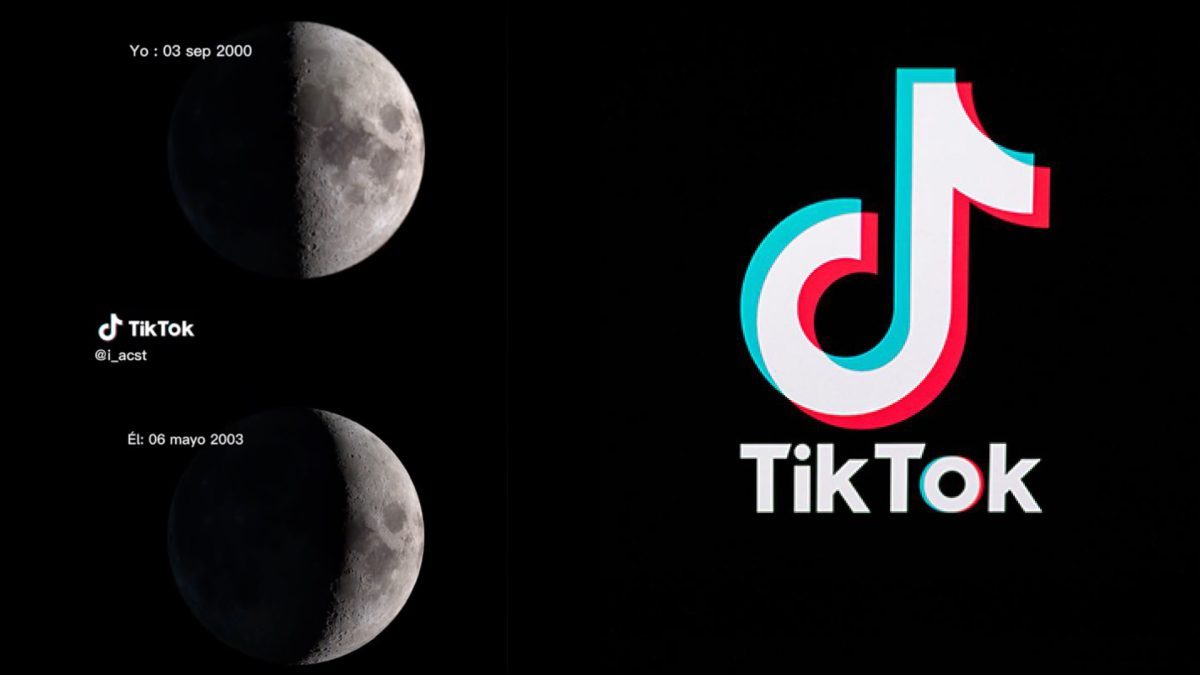
The prospect of a United States TikTok ban has led to an outpouring of technical articles and think pieces, but the fact is nobody really knows what it would look like. Considering the average age of Congress and the Senate hovers in the late fifties, many people have criticized the potential ban as yet more proof of the boomers in charge not really understanding what they’re doing when it comes to tech — or anything else, for that matter.
When it comes to the technicalities of a ban, it appears that the government would stop app stores from allowing users to download TikTok. It’s also widely agreed that using TikTok wouldn’t be illegal, so users and content creators can breathe a sigh of relief knowing they can scroll without constantly looking over their shoulders for cops.
The mechanisms that the government might use to enact a ban are varied. Biden could sign an executive order, or the U.S. could use the International Emergency Economic Powers Act, which is the method Trump tried to utilize when he attempted a ban in 2020. Trump’s push was held up in the courts, but lawmakers have been adding additional measures to try and avoid legal issues this time around if Biden were to go down that path.
If a ban goes through, users might not see any change in their scrolling habits at first, other than a lack of new U.S.-based creators as new users wouldn’t be able to download the app. However, updates would become impossible to install, and monetized content creation would no longer be allowed, so user numbers may dwindle.
What a United States TikTok ban would mean for content creators
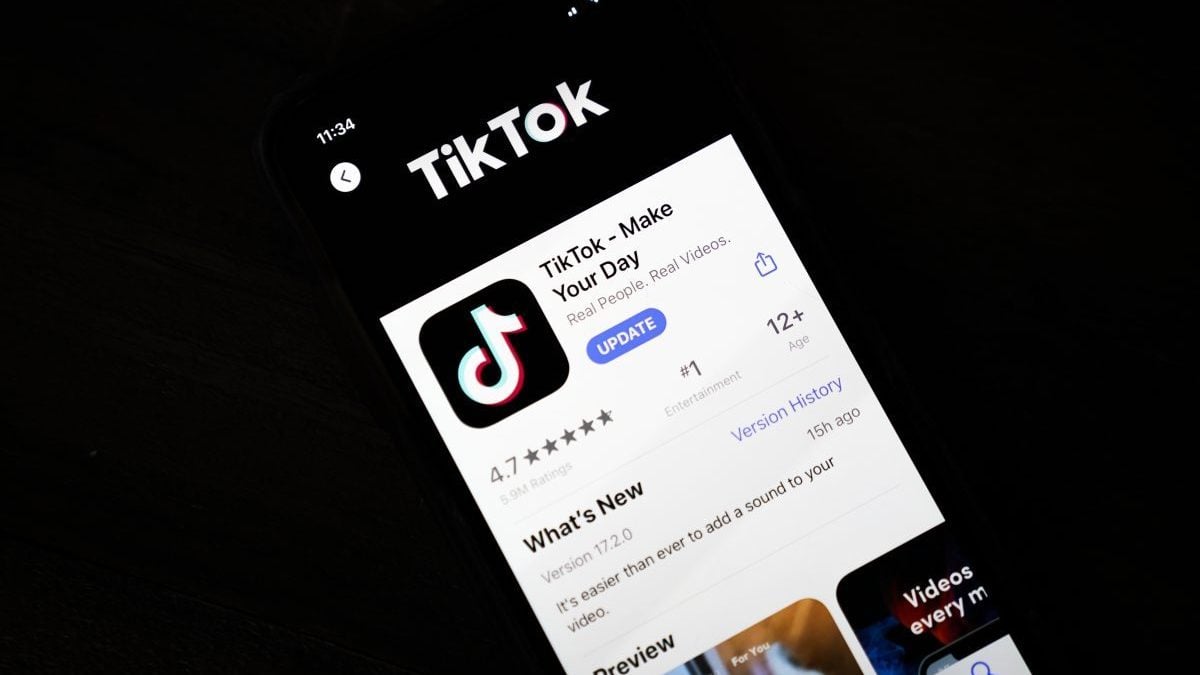
As a ban has been brewing for so long, many TikTok content creators have made preparations for their main source of income to dry up. With that said, there’s no doubt it will still hurt the influencers on the platform. Then there’s the fact that TikTok has an uncanny ability to turn small accounts into ones followed by millions, aided by its famous discovery feature and famously perceptive algorithm. This means users who might have gained overnight, global superstardom (and all the cash that entails) are suddenly shut off from that opportunity.
As with users, there will be no punishment for those creating content on the app after a ban. But an app ban will also likely come alongside a ban on monetizing content on the platform, so even if creators manage to keep their base numbers high, or add to them thanks to more international followers, they won’t be able to make any cash off of their popularity.
It’s not all terrible news, though. As social media platforms have streamlined and legitimized the influencer and creator industry, more power has been given to those who make content. So, if you had tens of thousands of avid fans on TikTok, you could go to Instagram and negotiate a higher rate with advertisers thanks to your existing fan base, even if it exists on another app. Plus, because other apps have less of a focus on discovery and more on accounts already being followed (especially Instagram and YouTube, the two apps likely to gain the most users with a TikTok ban thanks to their image/video first content), this could lead to content creators generating even more income than before.
What are some wider ramifications of a United States TikTok ban?
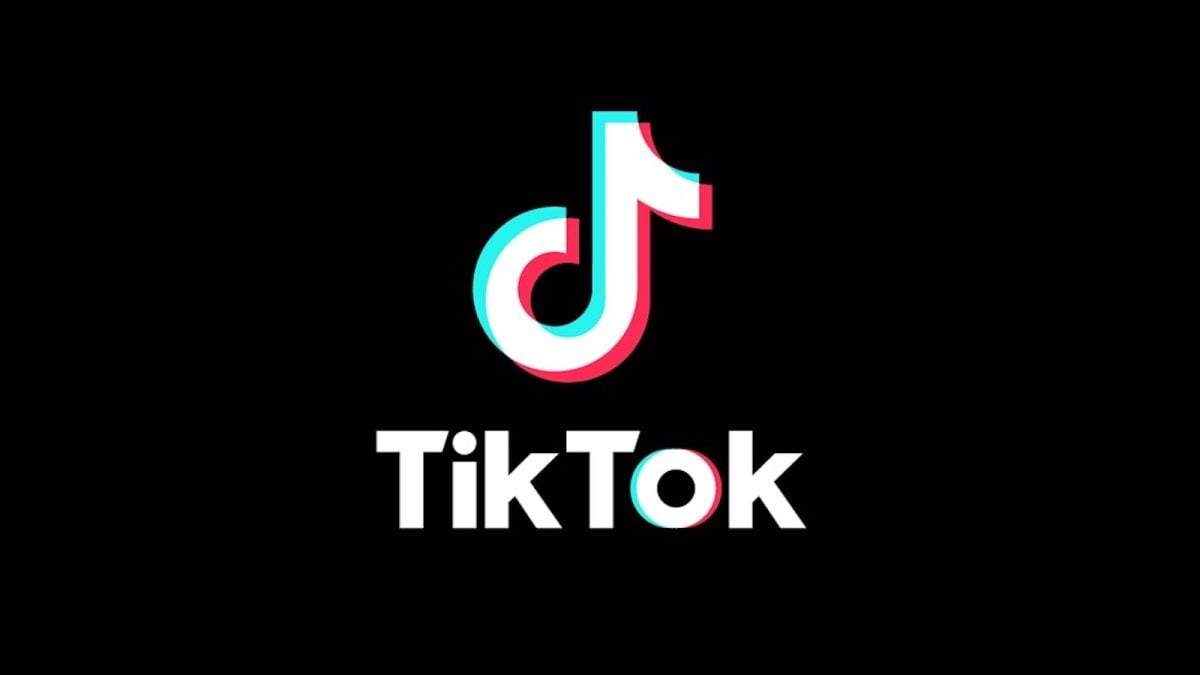
Answering this question would probably take a Ph.D. thesis, but the long and short of it is that we don’t know exactly what a TikTok ban would mean culturally for the United States. Competitors are likely to get a boost, and the hold TikTok has on younger generations would likely be relaxed. However, there are plenty of smaller communities on TikTok that may struggle to find a home, meaning marginalized folk who were finally creating worthwhile connections will now have to go somewhere else.
When we also take into account corners of the app like BookTok and DIYTok, which offer highly specialized content for hobbyists and enthusiasts, a ban could have many wider-ranging effects than simply stopping people from scrolling. And, of course, there’s the likelihood a new app will come along and hoover up all these users, negating the concerns around China but none of the other issues.
Many have argued that a TikTok ban isn’t just unnecessary but actively harmful, and in reality is just a distraction from wider problems. Some consider the new legislation nothing more than a shiny plaster on the gaping wound of online privacy issues in the States.
Then there’s the fact that many, including the ACLU, believe a TikTok ban would violate the First Amendment.
The only thing that’s clear is we can only guess what a TikTok ban would mean in practice for users or content creators. But one thing is for sure, users obsessed with the app should begin considering life in a TikTokless world.

